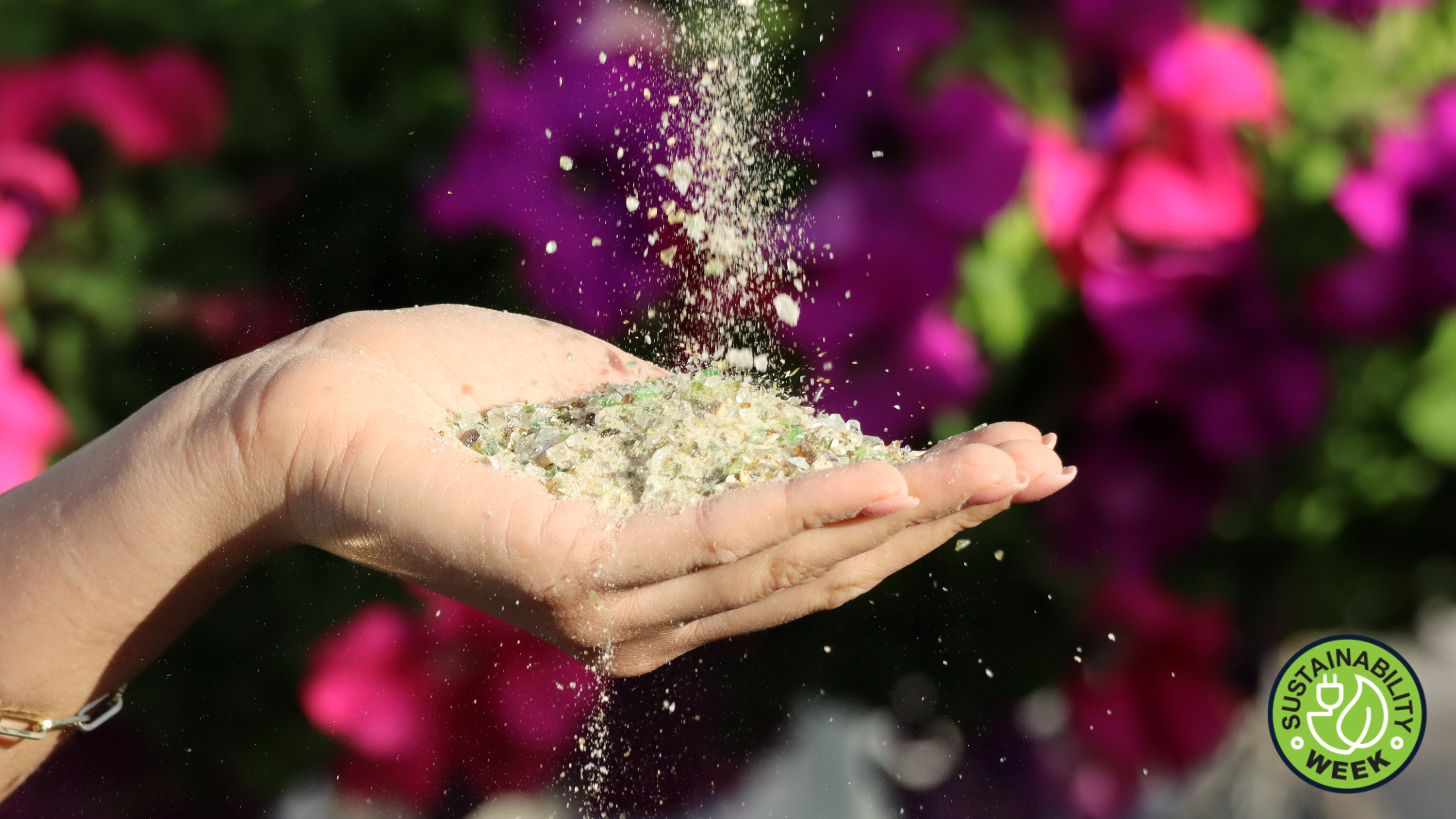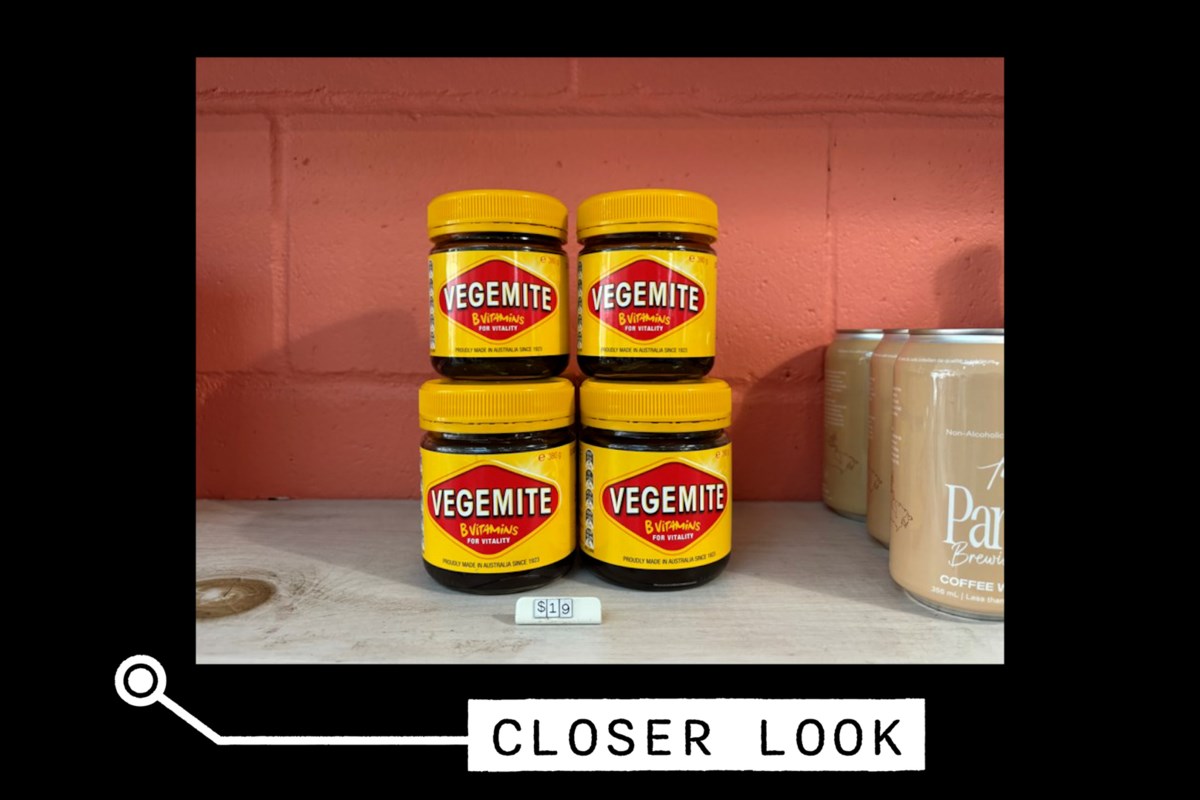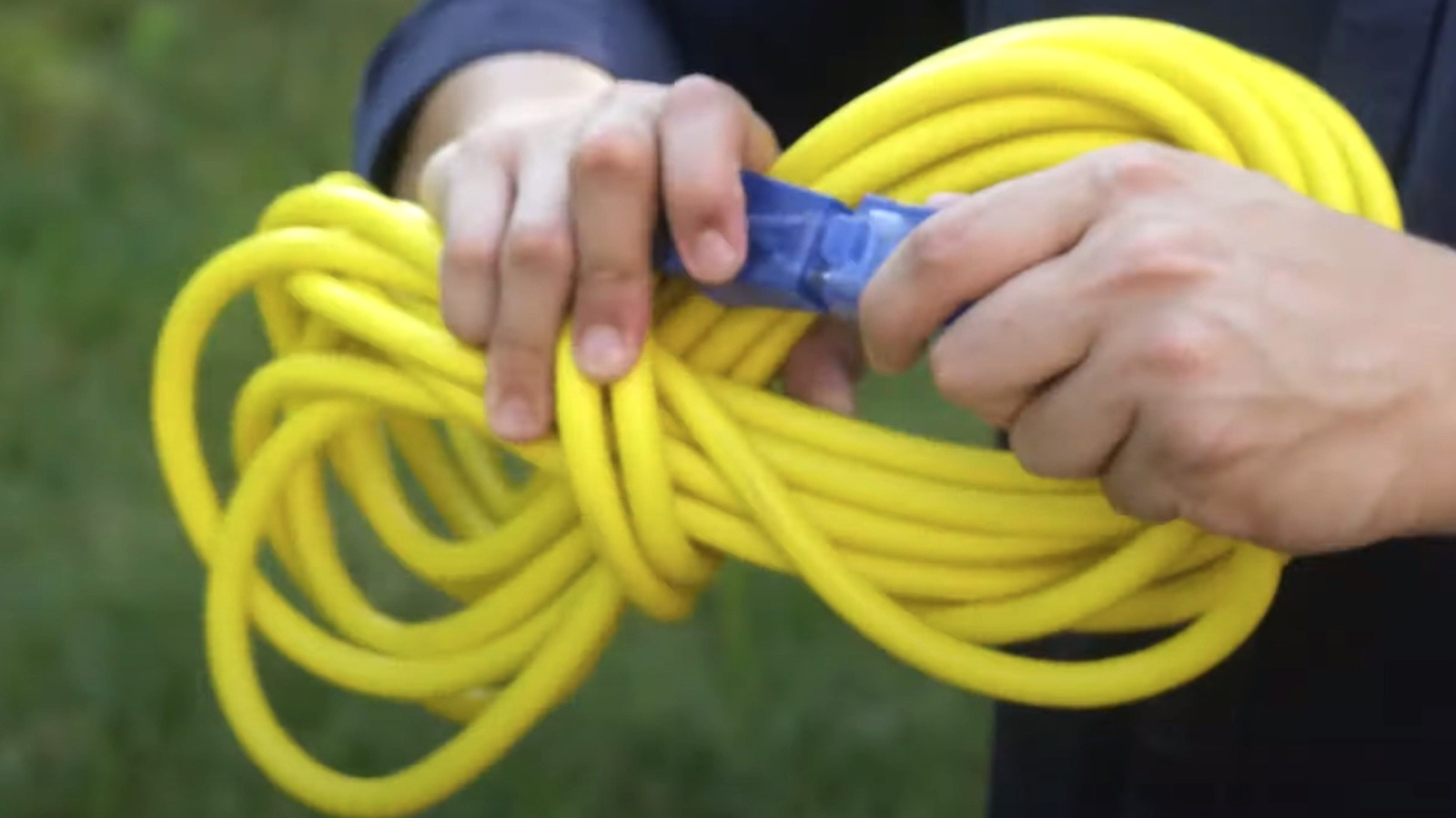The Range’s 49p colourful plant gardeners love is snail-proof & produces an ‘abundance’ of flowers from spring to autumn

MANY gardeners spend hours painstakingly making their flowerbeds perfect, only to be faced with one insect nemesis: snails. Thankfully an expert has revealed there is one 49p flower that is “snail-proof” and it’ll provide an “abundance” of colour from spring to autumn. Due to the damp mild start to the year, it is likely that we will see an explosion of slugs and snails wreaking havoc on flower beds. Following a wet period, a single snail can lay up to 500 eggs in a season, causing their population to grow massively. However, those who choose geraniums for their patios, balconies and gardens could be in luck, according to experts at Pelargonium for Europe. Unlike many other bedding and balcony plants, they will survive a snail plague largely unscathed. While snails often eat petunias, dahlias or sunflowers to the ground with their rasping tongues, geraniums are almost inedible to them. Although snails can hide under the dense foliage, the sturdy stems and thick, fleshy leaves are such a challenge that they prefer to seek out the tender young shoots of other plants. Some geraniums also have hairy leaves and stems or contain essential oils, which is another reason for slugs and snails to avoid them. You can easily combine different types of geraniums to create more variety in borders, window boxes or containers. There's a huge variety of colours and shapes to choose from, so even a planting of just geraniums won't look boring. The Range is selling a mixed geranium seed pack for just 49p if you are looking for a purse-friendly product. Planting geraniums can also help protect your other garden flowers too. You can also plant the easy-care summer flowers with others such as lavender or herbs, which snails will also avoid. With proper care and the right location - sunny to semi-shade - geraniums and their companions will thrive and provide a rich display of flowers even in years when snails numbers are high. Geraniums are not only resistant to slugs and snails, they are also very robust and hardy in other ways. With the right care, plant diseases and pests are rarely a problem for them. If they do suffer from fungal diseases, geranium rust or aphids, it's usually due to poor care. With plenty of space, good potting compost, a warm, sunny location, regular fertilising and watering (but no standing water), geraniums will stay healthy and produce an abundance of long-lasting flowers from spring to autumn. As climate change makes winters warmer and wetter, snails are able to reproduce more easily. At the same time, there are fewer natural enemies such as toads, hedgehogs and slow worms that eat snails. So if you are looking for a long-term solution, this could be just the plant for you.



















